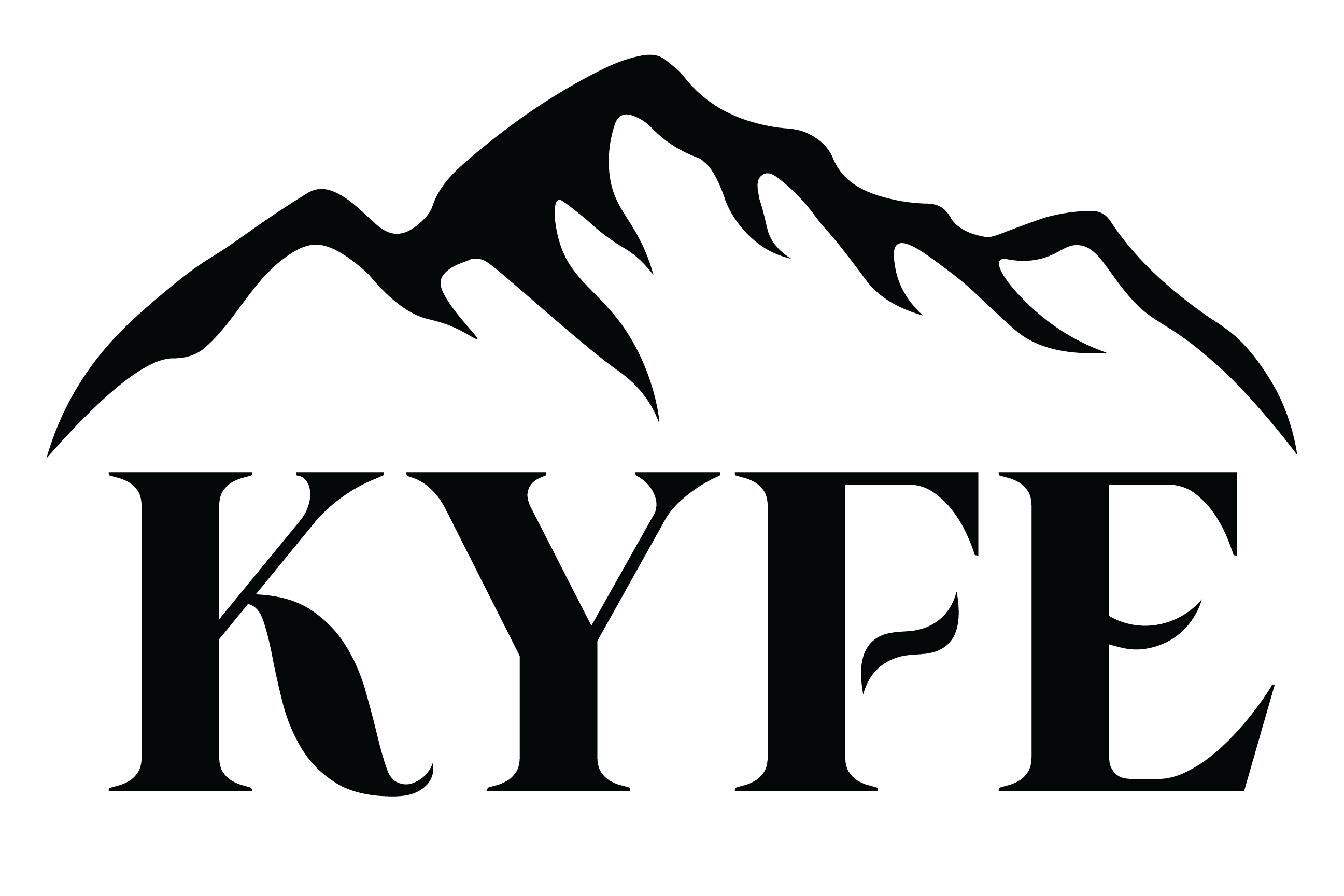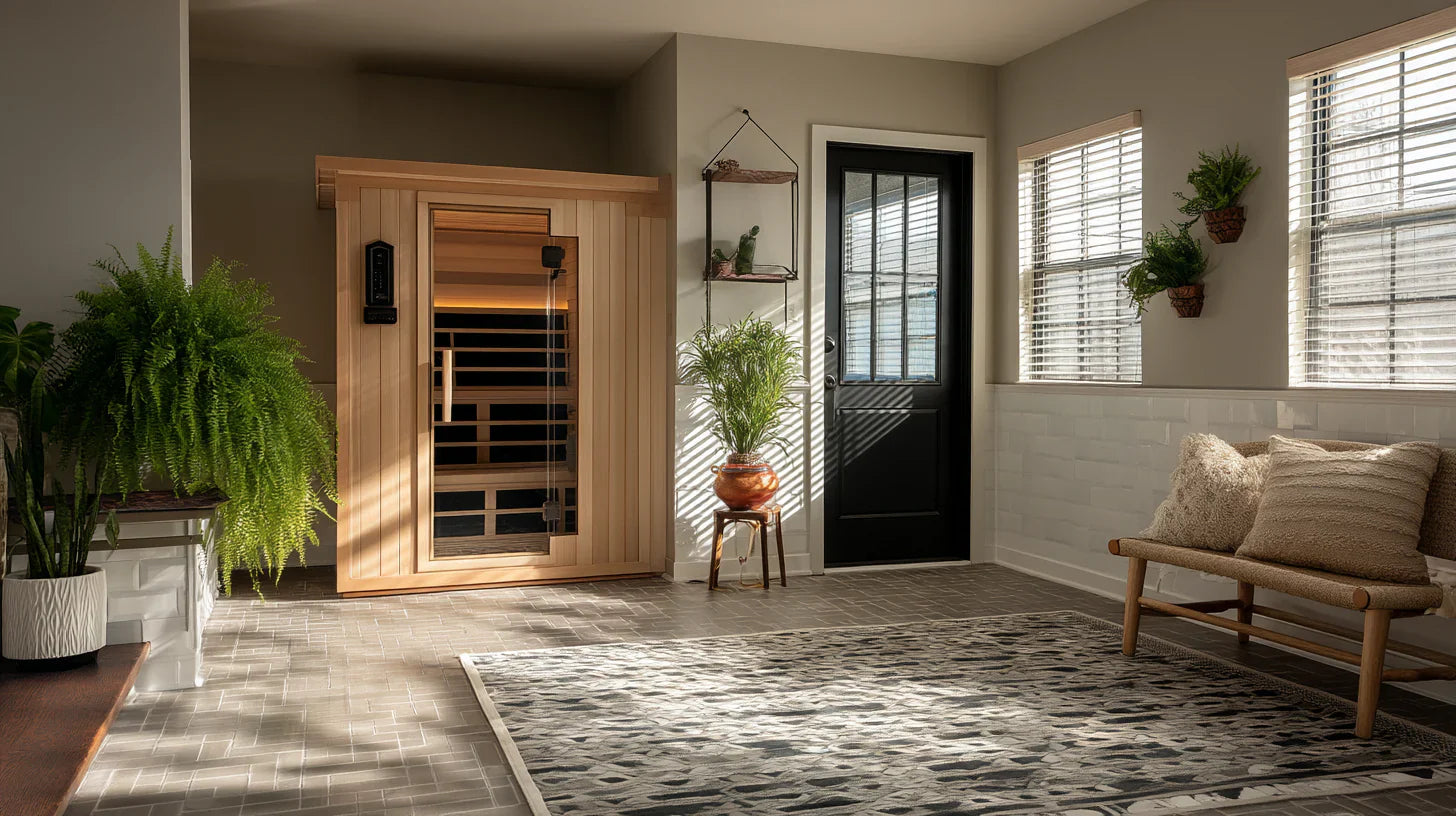If you’re asking do you need a permit for a portable sauna, this detailed guide addresses permits and building permit requirements for outdoor saunas, infrared sauna, traditional saunas, commercial saunas, and home sauna setups. You’ll learn about local building codes, local building department processes, permit application, electrical permit, zoning approval, and how to ensure compliance with safety, energy efficiency, and usability. We’ll also explore sauna kits, sauna heaters, sauna rocks, gas heaters, electric heaters, infrared heaters, steam room design, and how to maintain code compliance and local authority approval.
The sauna experience is becoming a year-round wellness ritual, and many people are choosing to install an at home sauna or outdoor saunas to enjoy health benefits, relaxation, and convenience. Whether you use sauna kits or a fully assembled traditional sauna, the first question is often do you need a permit, permit needed, or a permit and approval from the local building department for installation, especially when you have electric heaters, gas heaters, or plan complex electrical work.
What Is a Portable Sauna and Sauna Kits

A portable sauna generally refers to a sauna kit or a self-contained unit that can be moved, installed without a permanent foundation, and sometimes powered by infrared heaters or electric heaters rather than wood. Popular options include infrared sauna domes, blanket style infrared sauna, and full-size portable units with sauna heaters. Because they are not permanent structure, they often occupy a gray area in building codes. However when you use wood, a chimney, or modify utilities, your local building codes may require a building permit or even a zoning approval.
When Sauna Kits and Portable Units May Not Require Permits
Under many jurisdictions, lightweight infrared sauna tents or kits without electrical or gas heater installation may not trigger a permit. These at home sauna setups typically have less energy requirements and require minimal electrical work. If the unit is on a patio, deck, or backyard and under a certain square footage threshold, the local building department may exempt them from permit requirements. In addition, because they do not connect to gas lines, have no chimney, and don’t modify your electricity service, they are less likely to require permits.
When You Likely Need a Permit for Outdoor Saunas
Once you move beyond infrared or plug-and-play models into full-size outdoor saunas, traditional saunas with wood-burning stoves, or kits with gas heaters, the need for a permit becomes more likely. The presence of sauna rocks and sauna heaters that can exceed 200°F creates fire risk. The addition of steam room capability, chimneys, or gas line hookups means you may need:
-
A building permit to install structural supports, walls, floor, roofing
-
A fire safety inspection for the heater and chimney
-
An electrical permit if you install wiring above standard 120 V
-
Zoning approval to ensure the unit is located a proper distance from property lines, buildings, or trees
-
Additional approvals from local fire code for open flame and smoke
-
Complying with building codes for clearances, height, roof, foundation, and design.
Wood-Burning Sauna with Chimney
If your sauna involves a chimney, wood furnace, or real steam from pouring water on sauna rocks, you must check codes. Most local building codes will treat this as a site-built accessory structure, regardless of portability. Regulations typically require a permit because safety, ventilation, and the risk of fire must be reviewed by building inspectors.
Installing Gas or Electrical Heaters
Installing electric heaters or gas heaters requires following manufacturer specs and electrical or gas codes. A licensed electrician may be needed, and you must apply for a permit for electrical work or gas line work. This process helps ensure code compliance and safe installation of heater, wiring, and ventilation.
Zoning and Property Line Considerations
Zoning rules vary, but common requirements include clearance distances from property lines, structures, fences, and vegetation. If the sauna is near walls, decks, or tiled flooring outside, you may need to show zoning approval that setbacks are correct and safety is assured. Local fire departments may require smoke separation distance or limit open flame placement.
How to Apply for a Permit

Start with the Local Building Department
Contact your local building department to ask:
-
Do outdoor saunas require a building permit even if they are a permanent structure or portable?
-
Do wood-burning devices or chimneys trigger safety or fire inspections?
-
Is an electrical permit required for wired electric heaters?
-
What is the zoning approval process, setbacks, required inspections, and fees?
Use the keyword: need a permit for a portable sauna, but ask officials to clarify whether the unit is considered a commercial saunas type or residential at home sauna, and whether your proposed installation requires a full permit application.
Steps in the Process
-
Submit plans or specs for your sauna kit or unit, including details on sauna heaters, electric heaters, or gas heaters, sauna rocks usage, floor layout, walls, and structure.
-
Provide location information including distances to property lines, house, fences, and other features.
-
Pay permit fees, which vary based on whether you’re installing a permanent structure or temporary unit.
-
Schedule inspections for foundational clearance, heater installation, electrical work, chimney venting, and fire safety.
-
Receive approval, sign off, and ensure compliance with local building codes before final use.
Safety and Maintenance Considerations
Regardless of whether permits are required, your sauna must meet safety and maintenance standards:
-
Place on level non-combustible surface: gravel, concrete, or stone floor
-
Maintain proper clearance from walls, vegetation, fences, and property lines
-
Use fresh air intakes or vents to ensure airflow and support clean combustion
-
Follow sauna kit manual instructions for heated stones and sauna rocks, proper break-in, and safe steam pouring
-
Adhere to regular maintenance schedules for clearing ash, inspecting chimney, cleaning heater, verifying seals for steam room or enclosure
-
If you have electric heaters or gas appliances you need yearly safety checks and guaranteed compliance with building codes.
At Home Sauna vs Commercial Saunas
At home sauna designs typically allow flexibility, but still may require permits depending on the heating method. In contrast, commercial saunas, which often serve multiple users, students, or gym and spa guests, almost always require permit, inspections, commercial grade heaters, ventilation, and health department sign‑off. Even when setting up a sauna in a home spa or gym, you must treat it as a regulated installation and follow electrical requirements, safety guidelines, and submit relevant documentation.
Infrared Sauna and Electric Sauna Kits

For those using infrared sauna tents, infrared heaters, or basic electric heaters with little structural work, permits may be optional. These units run on standard circuits, produce less energy heat, and don’t involve combustion. They are often exempt from permits if installed indoors or on a patio. Still, if you’re mounting them, building walls or structure, or wiring beyond plug-in installation, you might need an electrical permit, or other approvals for structural supports or roof installation.
Comparison: Types of Sauna Setups and Permit Needs
|
Sauna Type |
Heater Type |
Structural Work |
Permits Required? |
|---|---|---|---|
|
Infrared sauna kit |
Infrared heater |
None |
Rarely, if plug‑in and ≤120 ft² |
|
At home electric sauna |
Electric heaters |
Minor walls/floor |
Electrical permit if hardwired |
|
Portable wood sauna |
Wood-burning heater |
Foundation/chimney |
Usually building permit, fire inspection, zoning approval |
|
Commercial sauna |
Commercial heaters |
Full structure |
Building permit, electrical/gas permits, health compliance |
Health Benefits and Lifestyle Enhancement
Whether you choose an infrared sauna, steam room style traditional sauna, or a wood-fired home sauna, the health benefits include improved circulation, reduced stress, muscle relaxation, and enhanced recovery. The sauna experience is elevated when experienced with real steam produced by proper sauna rocks, heat retention, and good airflow or fresh air ventilation. These lifestyle upgrades come with convenience, relaxation, energy-saving design, and a premium at-home or outdoor spa experience.
Cost Considerations
Permit fees, permit application costs, inspection charges, and possible upgrades like hiring a licensed electrician add to the investment. Infrared kits are cost effective, require less energy, and usually skip permitting. Wood-fired outdoor saunas cost more, take longer to install, and include additional approvals and compliance steps, but deliver a deep, authentic, and communal sauna experience.
Frequently Asked Do You Need a Permit for a Portable Sauna Questions
Do I need a permit for a portable sauna?
In most cases, lightweight infrared sauna tents or plug-in portable saunas that do not require structural modifications or electrical work beyond a standard outlet do not require a permit. However, if your sauna involves wood-burning heaters, chimneys, gas lines, or significant electrical wiring, a permit is typically required.
What types of permits might be needed for an outdoor sauna?
Depending on your sauna’s design and installation, you may need a building permit, electrical permit, fire safety inspection, and zoning approval. This is especially true for saunas with wood-burning stoves, chimneys, gas heaters, or permanent foundations.
How do I find out if I need a permit for my sauna?
Contact your local building department and ask about permit requirements for outdoor saunas, electrical work, and zoning regulations. They can provide guidance specific to your location and sauna type.
Can I install an electric sauna heater myself?
Electrical work for sauna heaters, especially those requiring wiring beyond a standard 120V outlet, should be performed by a licensed electrician to ensure safety and code compliance. A permit application is usually required for such installations.
What are the zoning considerations for installing a sauna?
Zoning rules often specify minimum clearance distances from property lines, buildings, fences, and vegetation. You may need to obtain zoning approval to ensure your sauna is located safely and legally on your property.
Are commercial saunas subject to different permitting requirements than home saunas?
Yes, commercial saunas typically require more rigorous permits, inspections, and compliance with health and safety codes compared to home saunas. This includes commercial-grade heaters and ventilation systems.
What safety and maintenance practices should I follow for my sauna?
Place the sauna on a level, non-combustible surface, maintain proper clearances from combustible materials, ensure fresh air ventilation, and follow manufacturer guidelines for heater operation and maintenance. Regular inspections and cleaning are essential for safe use.
Does an infrared sauna require less energy and fewer permits?
Infrared saunas generally use less energy and, if they are plug-in models without structural modifications, often do not require permits. However, always check local regulations to confirm.
What is the difference between a portable sauna and a permanent sauna structure?
A portable sauna is typically a self-contained unit or kit that can be moved and does not require a permanent foundation. Permanent sauna structures involve building walls, floors, and roofs and usually require full permits and inspections.
How long does the permit approval process take?
Permit approval times vary by location and complexity but typically range from a few days to several weeks. Early consultation with your local building department can help streamline the process.
Conclusion
To answer do you need a permit for a portable sauna: if it's infrared or a simple plug-in model with minimal structure, usually not. But outdoor saunas with sauna heaters, a chimney, wood-burning stove, or gas line installation almost always require permits, zoning approval, and inspections from the local building department. Following building codes, meeting electrical requirements, preserving clearance from property lines, and safely installing sauna heaters with adequate fresh air flow are essential steps. By understanding root needs, permit needed, code compliance, safety rules, you can enjoy your sauna experience with peace of mind and wellness.



Sauna Rocks, Sauna Stones, and the Ultimate Sauna Experience
The Ultimate Guide to Sauna Maintenance